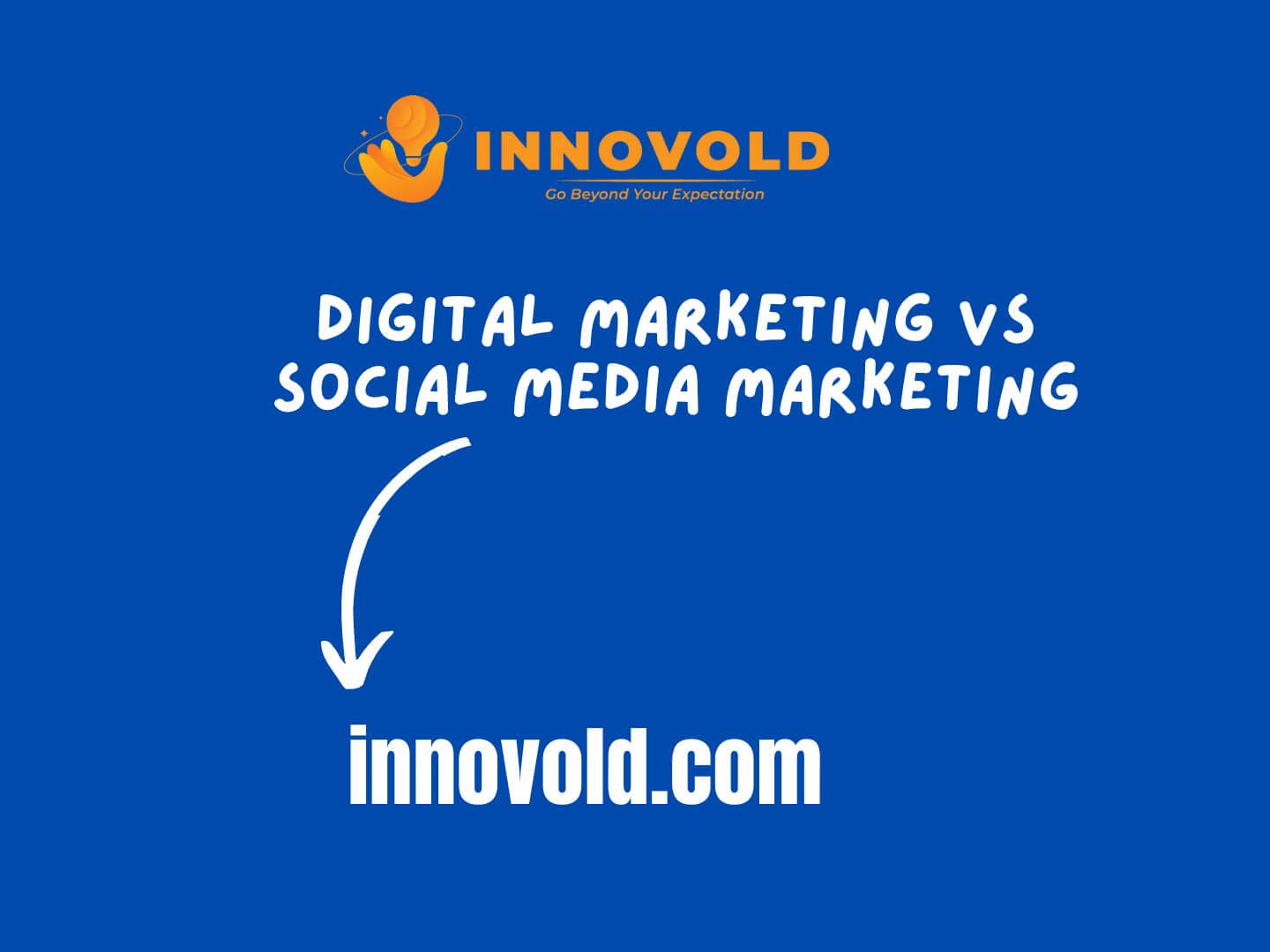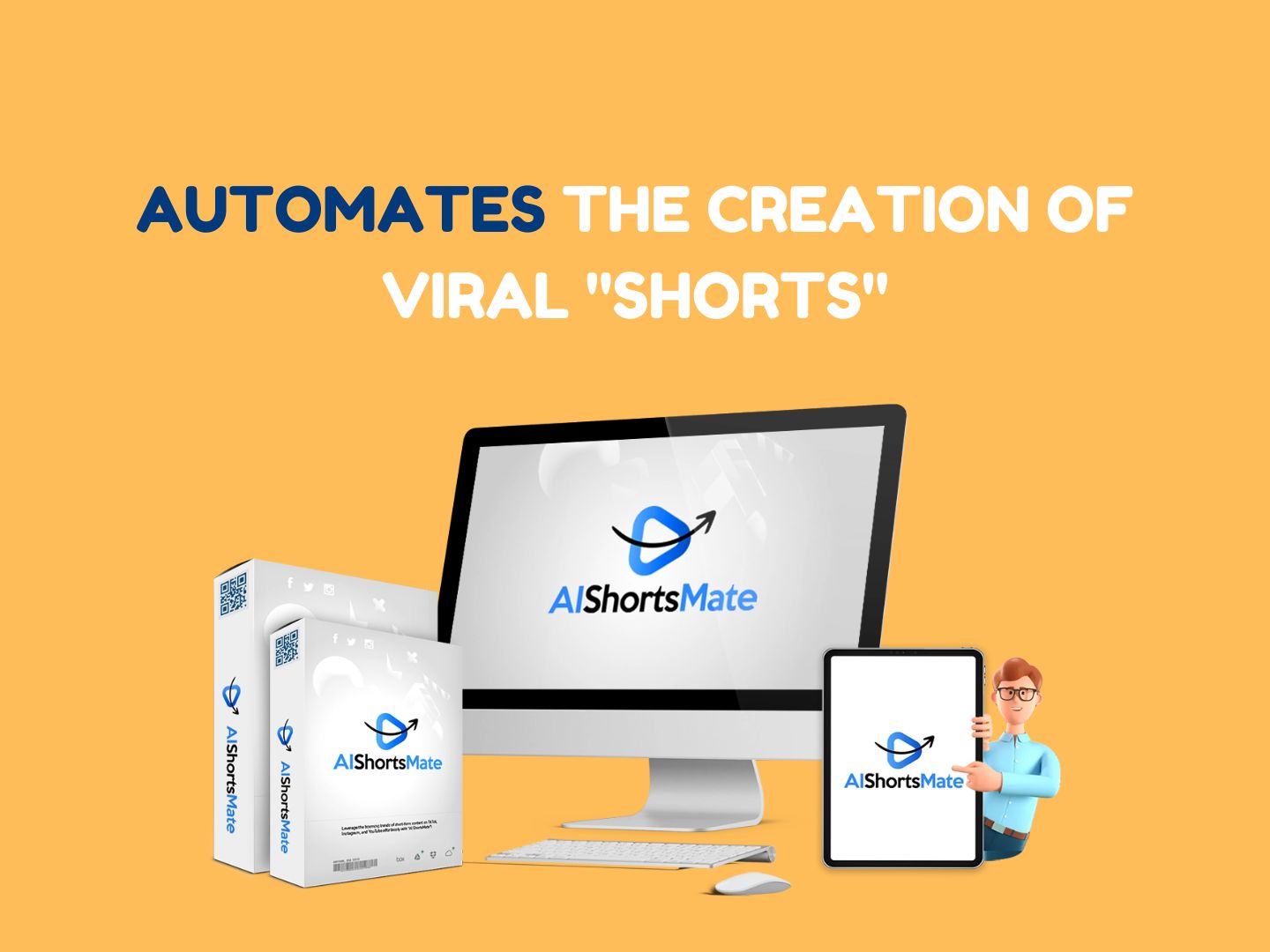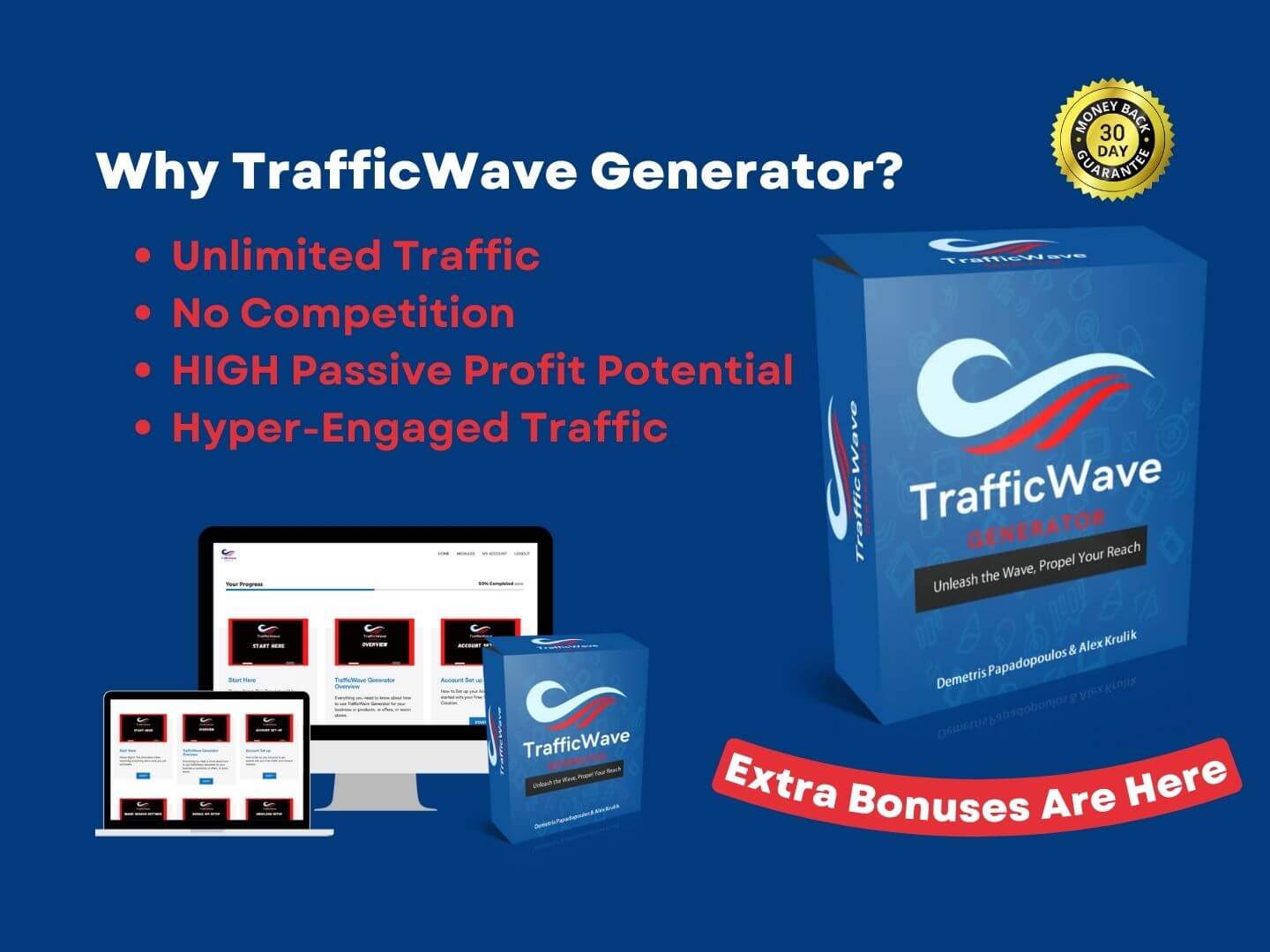In today’s fast-paced digital landscape, the terms “digital marketing” and “social media marketing” are often used interchangeably, but they represent distinct strategies with unique strengths and applications.
Understanding the differences can help you leverage both to your advantage. Let’s dive into the world of digital-marketing and social media marketing, explore their nuances, and determine which strategy reigns supreme for your business.
Table of Contents
What is Digital Marketing?
Digital marketing is an umbrella term that encompasses all marketing efforts using electronic devices and the Internet. To communicate with both present and potential consumers, businesses use a variety of digital platforms, including websites, email, search engines, and online advertising.
The Power Players in Digital Marketing
SEO: The Silent Game Changer
The process of improving your website to appear higher on search engine results pages is known as search engine optimization, or SEO (SERPs). This strategy is crucial for improving visibility and attracting organic traffic.
PPC: Instant Visibility
Businesses can place advertisements on search engines and other platforms by using pay-per-click (PPC) advertising. You pay a fee each time a user clicks on your advertisement. It’s an effective way to gain immediate visibility and attract targeted traffic.
Content Marketing: The Engagement King
The goal of content marketing is to draw in and hold on to a certain audience by producing and disseminating informative, timely, and well-written material. It’s all about storytelling and providing information that solves problems for your audience.
Email Marketing: Direct and Personal
One of the most tried-and-true types of digital-marketing is email marketing. It involves sending targeted emails to prospects and customers to nurture relationships and drive conversions.
Benefits
- Comprehensive Reach: Digital-marketing allows you to reach a global audience.
- Targeted Advertising: You can focus on particular habits, interests, and demographics.
- Measurable Results: Advanced analytics offer perceptions of the effectiveness of campaigns.
- Cost-Effectiveness: Various digital-marketing strategies offer high ROI.
What is Social Media Marketing?
Social media marketing focuses on promoting your brand and content on social media platforms to increase brand awareness, drive traffic, and generate leads. It’s all about engagement and building a community around your brand.
Social Media Channels Breakdown
Facebook: The Giant
Facebook is the biggest social media network, with approximately 2.8 billion active users each month. It’s ideal for businesses looking to reach a broad audience with diverse demographics.
Instagram: The Visual Storyteller
Instagram is a visually-driven platform perfect for brands that can leverage high-quality images and videos. It’s particularly popular among younger audiences.
Twitter: The Real-Time Hub
Twitter is known for its real-time updates and is great for businesses looking to engage in conversations, share news, and interact with followers quickly.
LinkedIn: The Professional Network
LinkedIn is the go-to platform for B2B marketing. It’s ideal for professional networking, sharing industry insights, and building business relationships.
TikTok: The Newcomer
The popularity of TikTok has skyrocketed, particularly among Gen Z. It’s perfect for brands looking to create short, engaging videos and tap into viral trends.
Benefits
- Direct Audience Interaction: Engage with your audience in real time.
- Brand Loyalty and Community Building: Foster a loyal community around your brand.
- Viral Potential: Content can spread quickly and reach a wide audience.
- Real-Time Feedback: Immediate feedback and interaction from your audience.
Comparing Digital Marketing vs Social Media Marketing
Audience Targeting: Precision vs. Reach
It allows for highly precise targeting based on user data, while social media marketing offers broad and diverse audience reach.
Cost Considerations: Budget-Friendly vs. Big Spend
Digital-marketing strategies like SEO and content marketing can be cost-effective, whereas social media advertising might require a more significant budget for impactful campaigns.
Measurement and Analytics: Deep Insights vs. Instant Feedback
It provides deep analytical insights, helping you track and measure long-term performance. Social media marketing offers real-time analytics and immediate feedback from your audience.
Engagement Levels: Wide Net vs. Deep Connection
Marketing casts a wide net to attract potential customers through various channels. In contrast, social media marketing focuses on building deeper connections and fostering community engagement.
Use Cases: When to Use Each Strategy
Digital Marketing for Comprehensive Campaigns
Use this marketing for broad, multi-channel campaigns that require extensive reach and precise targeting. It’s ideal for long-term strategies aimed at driving sustained growth.
Social Media for Brand Building
Leverage social marketing when you want to build brand awareness, engage with your audience, and foster a loyal community. It’s perfect for campaigns that require real-time interaction and viral potential.
Integrating Digital Marketing and Social-Media Marketing
Synergy Strategies: The Best of Both Worlds
Integrate both strategies to maximize your marketing efforts. For example, use SEO to drive traffic to your website and social media to engage and convert that traffic.
Tools and Platforms for Integration
Utilize tools like Hootsuite, HubSpot, and Google Analytics to manage and measure integrated campaigns. These platforms help you streamline your efforts and ensure consistency across channels.
Pain Points and Solutions
Overcoming Budget Constraints
For small businesses, focus on cost-effective strategies like SEO and organic social-media marketing. Prioritize high-ROI channels and scale up as you see results.
Managing Time and Resources
Efficiently manage your time by using scheduling tools and automating repetitive tasks. Consider outsourcing tasks to experts if needed.
Navigating the Constant Changes
Stay ahead of the curve by continuously learning and adapting to changes in algorithms and platform updates. Follow industry blogs, attend webinars, and engage with professional communities.
Future Trends: What Lies Ahead?
The Evolution of Marketing
Expect advancements in AI, voice search, and personalized marketing to shape the future of digital marketing. Stay updated on emerging technologies to keep your strategies relevant.
The Future of Social Media
New platforms and trends will continue to emerge, with increased emphasis on video content and influencer collaborations. AI and machine learning will also play a significant role in shaping social media marketing strategies.
Conclusion: Finding the Perfect Balance
In conclusion, digital marketing and social media marketing are not mutually exclusive. Instead, they can be powerful when used together in a comprehensive marketing strategy.
Digital marketing provides the broad reach and precise targeting needed to attract potential customers, while social media marketing fosters deep connections and real-time engagement that can turn those potential customers into loyal brand advocates.
Remember, the digital landscape is constantly evolving, and the most successful marketers are those who remain agile and open to new possibilities.
Whether you’re a small business owner or a marketing professional, embracing the strengths of both digital and social media marketing will set you on the path to sustained success in the digital age.




